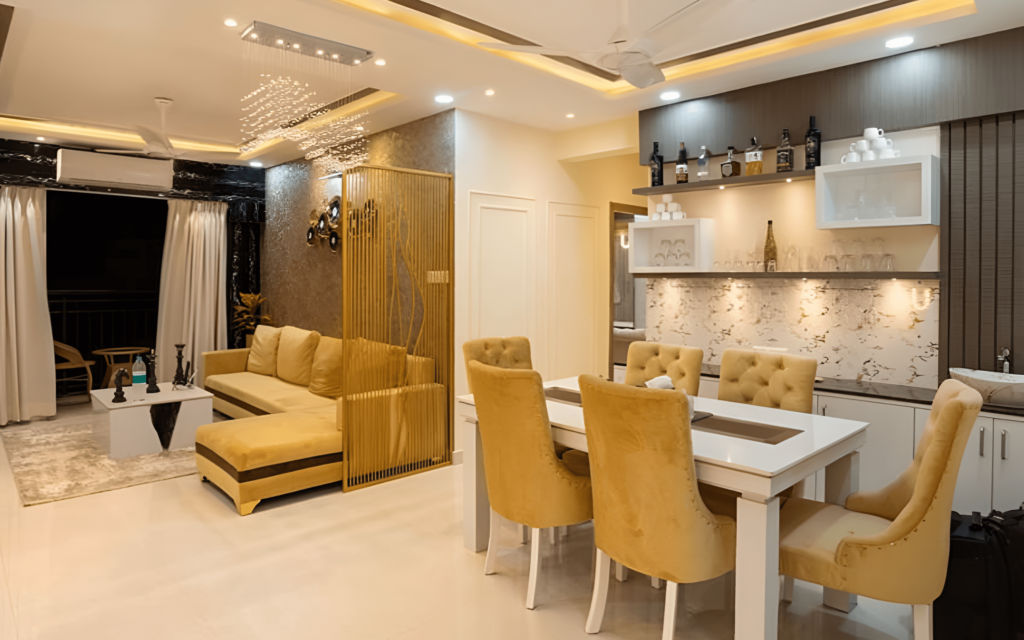
In the ever-evolving landscape of homeownership, the concept of home renovation design stands as a beacon of innovation and transformation. Far beyond the realm of mere aesthetic enhancement, home renovation design plays a pivotal role in revitalizing spaces, optimizing functionality, and elevating the overall quality of life within the home. Let’s delve into the multifaceted significance of home renovation design and explore how it shapes the living experience for homeowners.
Revitalizing Aging Spaces: As homes age, they often require rejuvenation to address wear and tear, outdated aesthetics, and changing lifestyle needs. Home renovation design breathes new life into aging spaces, revitalizing them with modern amenities, contemporary finishes, and innovative design solutions. Whether it’s updating a tired kitchen, refreshing a worn-out bathroom, or reimagining a neglected basement, renovation design offers the opportunity to restore vitality and functionality to every corner of the home.
Optimizing Functionality: One of the primary objectives of home renovation design is to optimize the functionality of living spaces to better align with the needs and preferences of homeowners. Through thoughtful planning and strategic design decisions, renovation projects can improve workflow, enhance storage capacity, and maximize the usability of every room. From open-concept layouts that facilitate social interaction to customized storage solutions that minimize clutter, renovation design transforms spaces to better serve the lifestyle of occupants.
Increasing Property Value: Beyond the immediate benefits of enhanced aesthetics and functionality, home renovation design can significantly increase the value of a property. Well-executed renovation projects that address key areas of the home, such as kitchens, bathrooms, and outdoor living spaces, can yield a high return on investment (ROI) and enhance the marketability of the property. Whether it’s preparing a home for resale or increasing its long-term appreciation potential, renovation design offers homeowners a strategic pathway to maximize their property’s value.
Adapting to Changing Needs: As lifestyles evolve and families grow, the spatial requirements of a home may need to adapt accordingly. Home renovation design provides a flexible framework for accommodating changing needs and preferences over time. Whether it’s creating a multifunctional workspace, adding a guest suite for visiting family members, or incorporating universal design principles for aging in place, renovation projects can be tailored to meet the evolving demands of homeowners at every stage of life.
Promoting Sustainability and Efficiency: In an era of heightened environmental consciousness, home renovation design plays a crucial role in promoting sustainability and energy efficiency. From selecting eco-friendly materials and energy-efficient appliances to implementing passive design strategies and renewable energy systems, renovation projects offer the opportunity to reduce the environmental footprint of the home while lowering utility costs and enhancing comfort for occupants.
In conclusion, home renovation design is not merely about cosmetic upgrades or superficial changes; it’s about reimagining spaces, optimizing functionality, and enhancing the overall living experience for homeowners. By revitalizing aging spaces, increasing property value, adapting to changing needs, and promoting sustainability, renovation design empowers homeowners to transform their houses into personalized havens that reflect their lifestyle, values, and aspirations.
